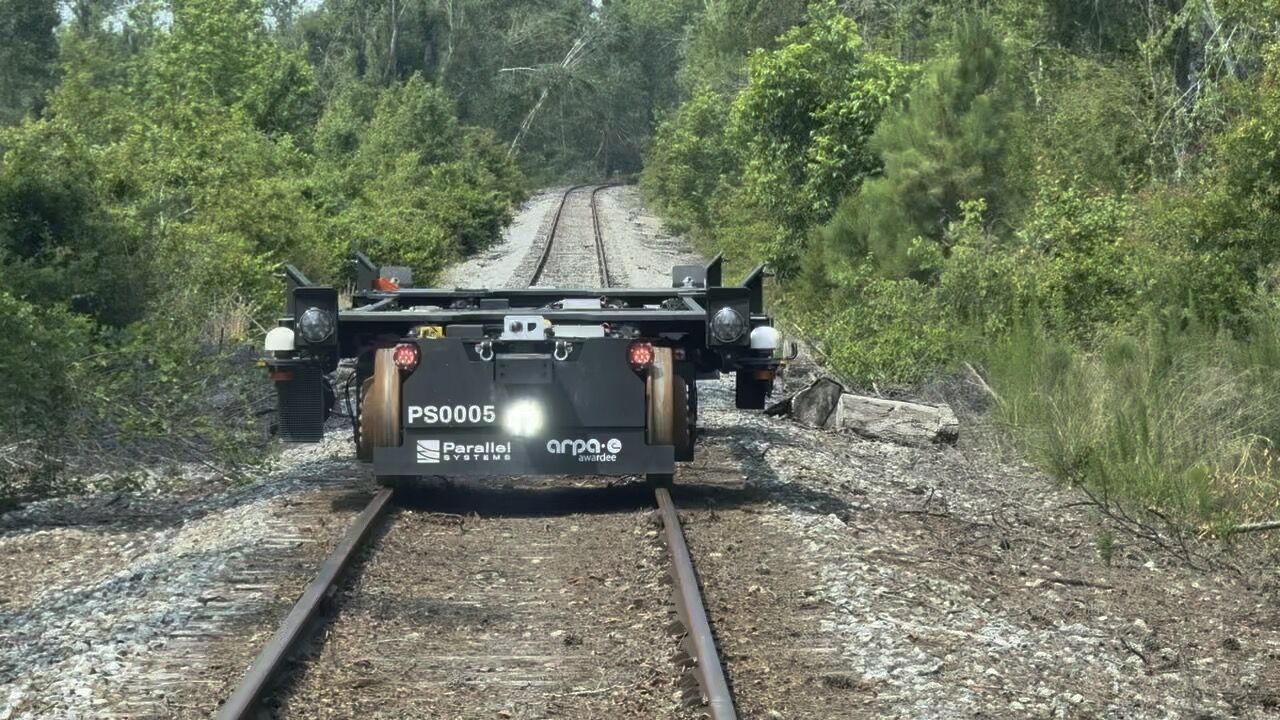The Surface Transportation Board, in a decision issued late Monday, put an indefinite hold on the $8.4-billion deal until it can weigh whether it’s appropriate to grant the normal exemption for an acquisition that does not involve two railroads, a Class I, or a deal that links rail lines.
“The board is considering the issues presented here, including whether the class exemption is appropriate for this transaction,” the STB’s decision says. “To provide sufficient time for the board to fully consider the issues presented, the exemption that is the subject of this proceeding will not become effective until further order of the board.”
Under U.S. law, railroad transactions fall into four categories: major, significant, minor, and exempt. Brookfield and G&W sought to have the transaction exempt from board review, as typically happens when a non-railroad company buys a railroad.
The board’s decision is an indication that it may weigh in on a transaction involving the control of 13,000 miles of track in 41 states.
“This isn’t really surprising,” says Todd Tranausky, a rail analyst with FTR Transportation Intelligence. “The exemption process was designed for small, straightforward cases.”
There’s nothing small about G&W, he notes.
“It’s not as though the transaction contemplates the acquisition of one 30-mile short line in Georgia by a non-carrier, which is really what the exemption process was set up to handle,” Tranausky says. “I think the board did the right thing here in terms of taking some time to evaluate the full picture of the implications of the transaction.”
Independent railroad analyst Anthony B. Hatch, like Tranausky, expects the STB to ultimately approve the Brookfield acquisition of G&W.
“I think that [Brookfield’s] case seems strong (it is a change of control, not a consolidation) but I am no lawyer,” Hatch says. “I think this could be interpreted as the STB simply being cautious.”
The board also ordered Brookfield and its investment partner, DIC, to provide status updates on review of the proposed transaction by the Committee on Foreign Investment in the United States. Brookfield is based in Canada, while DIC is an investment fund from Singapore.
The board said it would welcome comments from the public, as well as Brookfield and its investment partner DIC, until Aug. 21. Replies to comments are due by Sept. 5.
G&W and Brookfield on July 1 announced the deal to take the largest short line holding company private. G&W owns 120 short lines, primarily in North America, but also has operations in Australia and Europe.
A G&W spokesman says the railroad does not comment on matters before the STB. A Brookfield spokeswoman did not immediately return an email seeking comment.















Excellent point, Herb. Although I would believe an investment firm would perform a lot of due diligence and financial modeling, they could think that all railroads are alike and impose PSR as a one size fits all solution.
If Brookfield expects that kind of returns the class 1s have ginned up by adopting PSR, the shortline shippers are in for a real sleigh ride in terms of both cost and service. I would hope the STB would question Brookfields expectations and operational changes before approving a take-over. De-capitalization and erratic service willill serve the shipping public.
I guess those G&W execs will have to await their golden parachutes just a little bit longer.
At a minimum, STB should understand if they plan to shutter or sell off assets to cover the sale cost. We don’t need to know the who or when.
I meant Raymond Kennedy’s Brookfield comment.
That’s positive then Ce Mc.
The size of G&W, to my mind, makes it a Class 1 despite being composed of myriad of short line operators under dozens of subordinate corporate entities.
Like Warren Buffet’s Berkshire Hathaway Brookfield invests for the long haul. Going private can be a way to better manage for that long haul rather than the next Quarter nonsense Wall Street is fixated on.
In particular the Class 1 ask for shortlines to arrange their interchange cuts to “block for destination yard” imposes costs that Brookfield might (ironically) look to zero out.
I say ironic in that it’s the main carrot/stick negotiating point the short lines retain in their dance with the Class 1s they depend on for providing a significant part of the value of their transportation product.